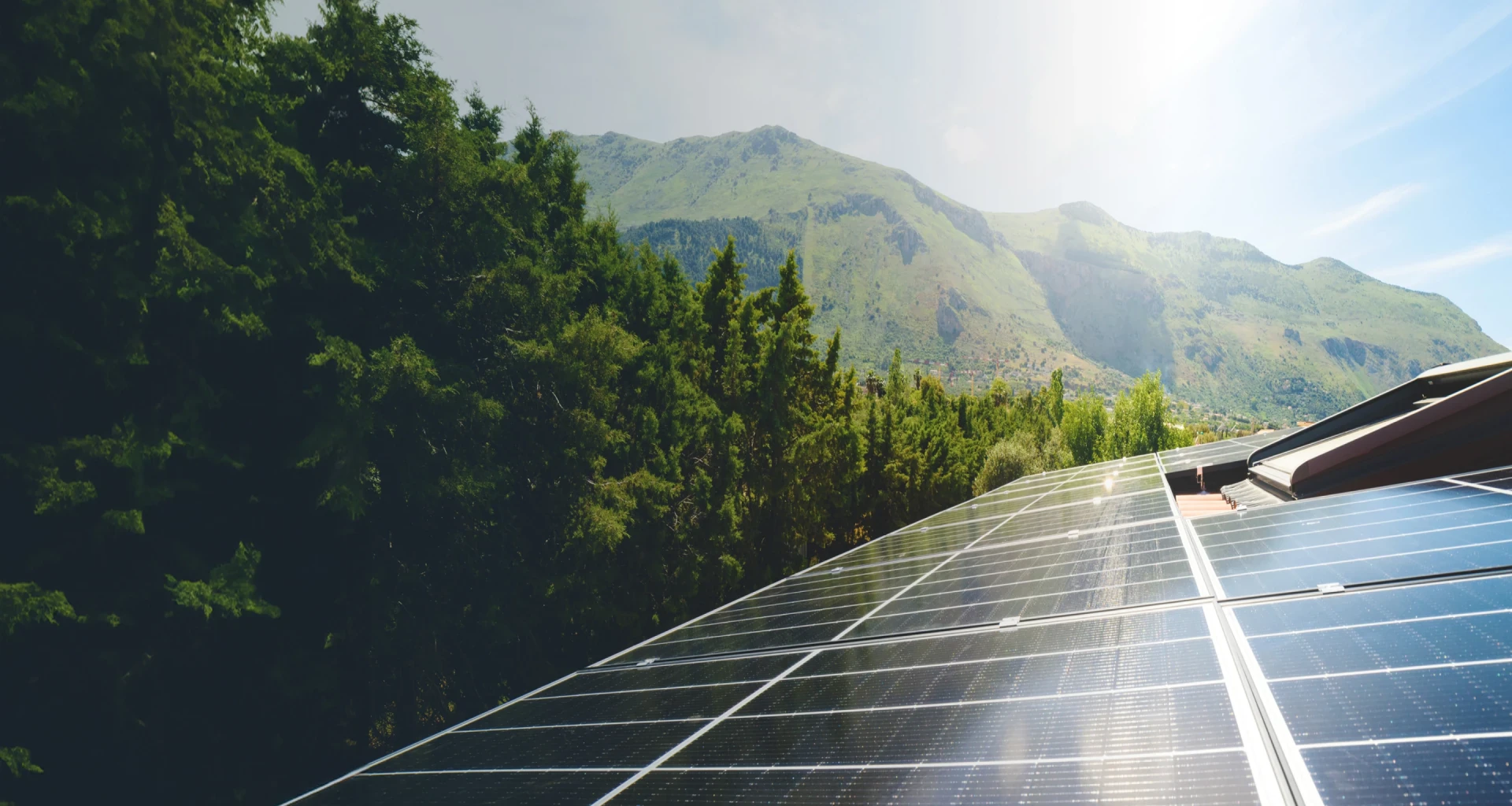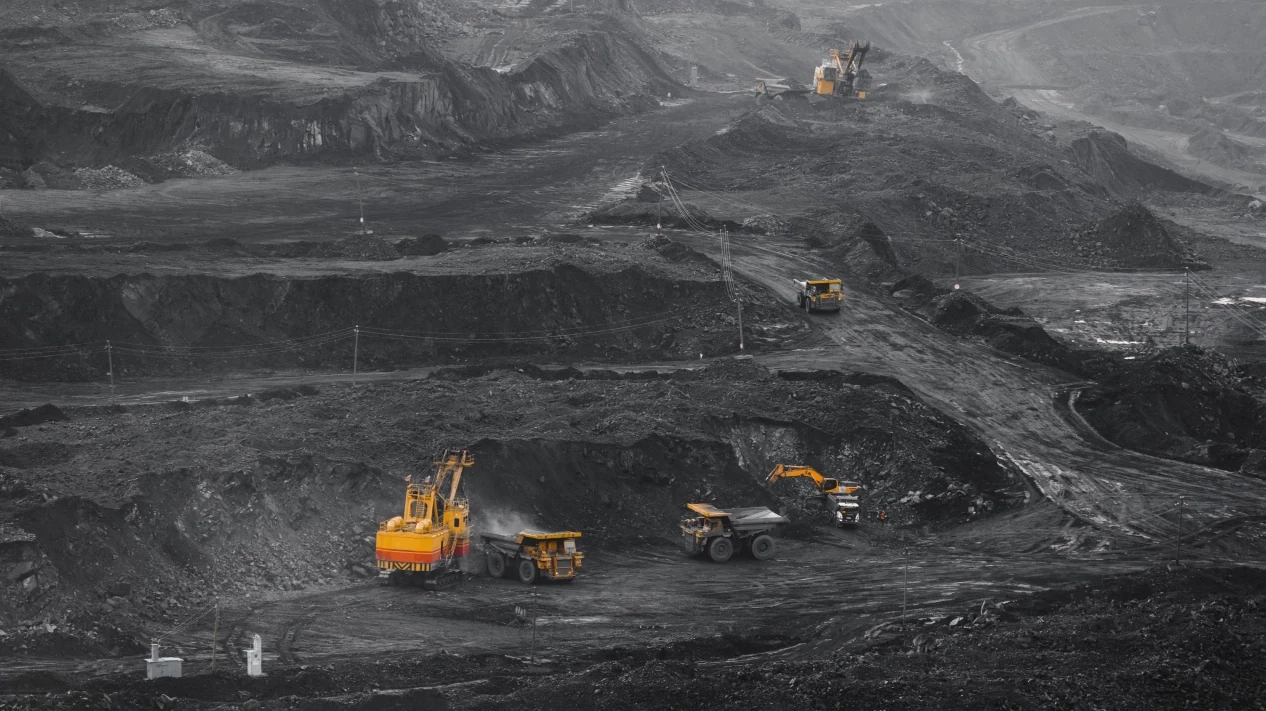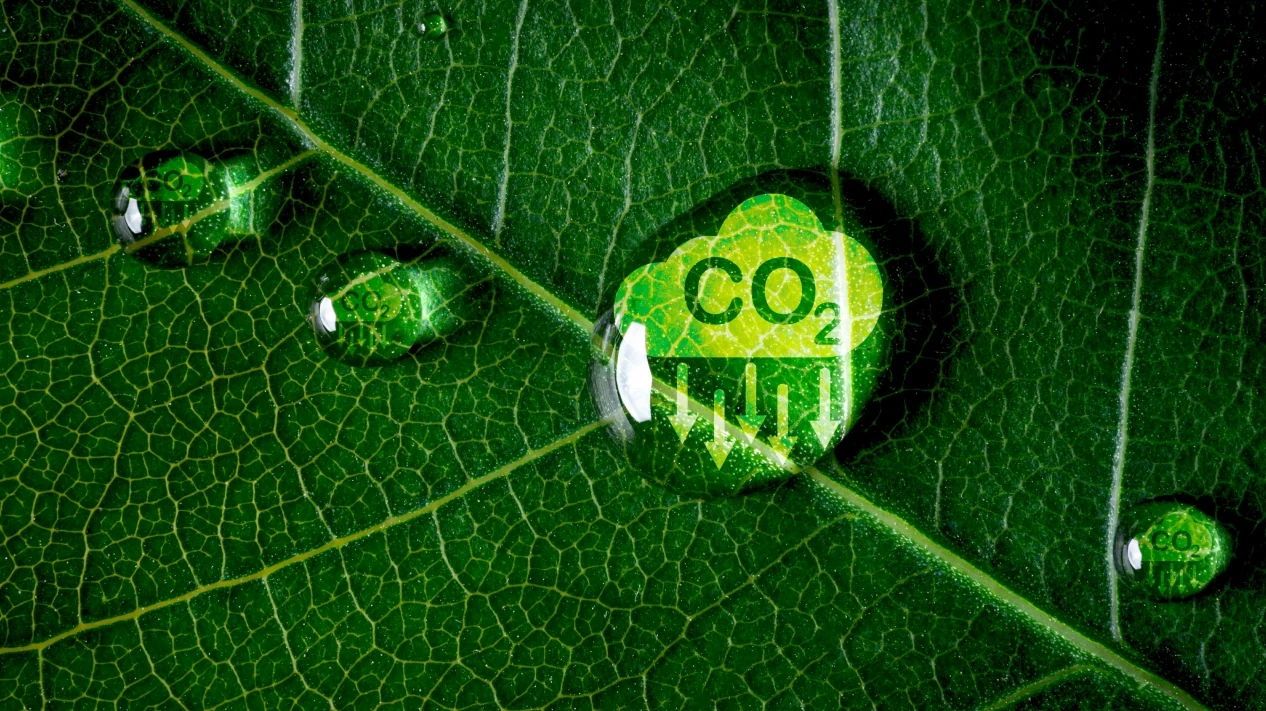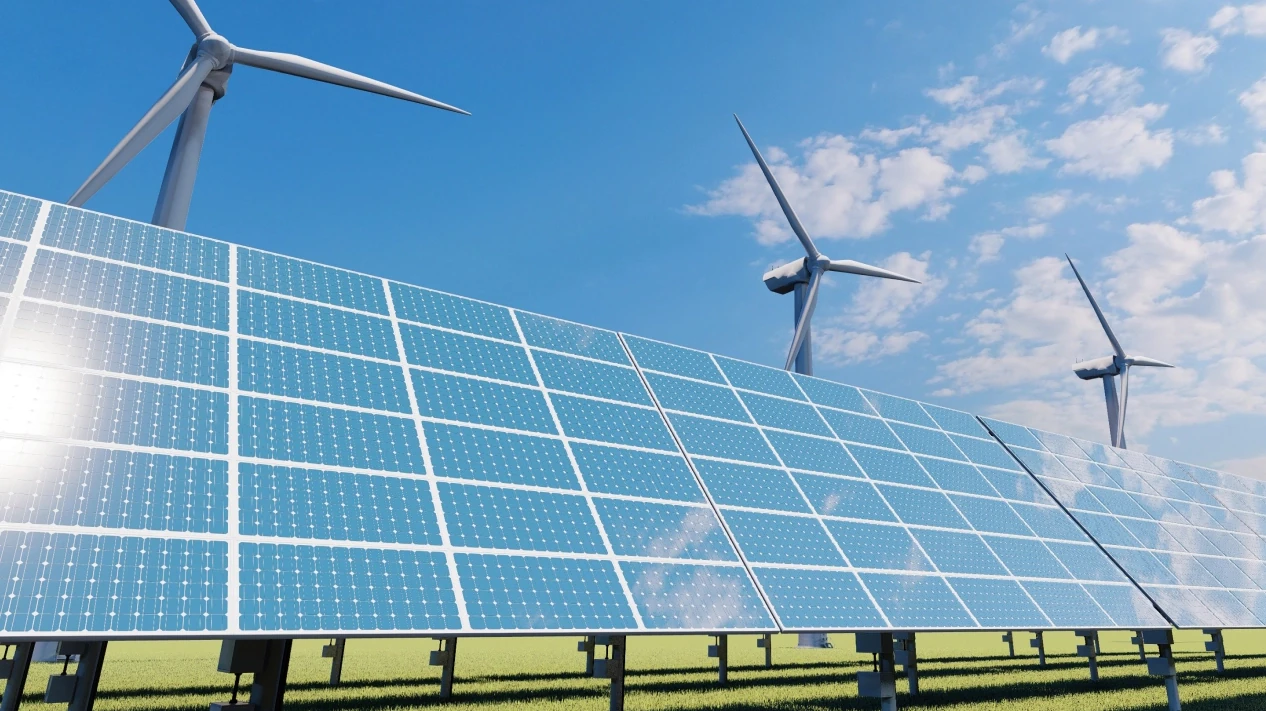
Decarbonization
is crucial for mitigating long-term organizational risks and empowering a sustained journey towards a low-carbon economic development.
Transition to a low-carbon society with stability and sustainability
Addressing climate change is a top priority for GULF
we have developed guidelines and strategic plans to navigate opportunities and adapt to business challenges, while responsibly managing socio-environmental issues. This commitment aims to elevate the quality of life and promote sustainable well-being for all.
Climate Change
Present
Announcing our commitment and roadmap to reduce greenhouse gas emissions.
In 2030
Reduce carbon intensity by 25% compared to 2019 levels.
In 2035
Increase the proportion of renewable energy in our portfolio to at least 40%
In 2050
GULF’s Net Zero target

Development of Carbon Capture and Storage (CCS)

Cleaner Alternative Fuels

Exploration of Lower-Carbon Value Chain Through New Ventures
Demonstrations of our determination to set in motion a sustainable future for all
Commitment and Ambitions



